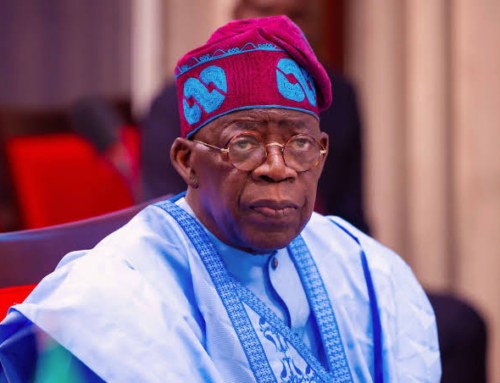In a bid to tackle the illegal ivory trade, the federal government recently destroyed stockpiles of confiscated elephant ivory worth $9.9 billion as a symbol of Nigeria’s unwavering commitment to wildlife conservation. Illegal killing, smuggling, and other forms of illicit wildlife trade continue to damage the economy and undermine the sustainable development goal of the country.
Wildlife in nigeria is under pressure as most endangered species, are traded both domestically and internationally. According to the world wildlife crime report, nigeria is not only a source of wildlife products but has also emerged as a major transit country for wildlife trafficking.
Wildlife trafficking, so far threatens the ability of states to manage their natural resources. It can result in severe economic losses, which affect developing countries that rely on revenue generated by legal trade. World bank estimates the trade at $7.8 billion to $10 billion yearly, making wildlife crime the fourth most lucrative illegal business in the world.
When wildlife trade is legal, safe, and traceable, it can be a strong incentive for managing wildlife sustainably as well as a driver in improving people’s livelihoods.
In a resounding commitment to combating illegal wildlife trade, the national environmental standards and regulations enforcement agency reaffirmed Nigeria’s zero tolerance for this illicit activity.
To combat incessant money laundering from this illegal trade, there is a need for both high-level commitment and enhanced operational coordination with relevant financial and non-financial institutions that play a vital role in detecting this illicit wildlife trading activity in Nigeria.


Leave A Comment